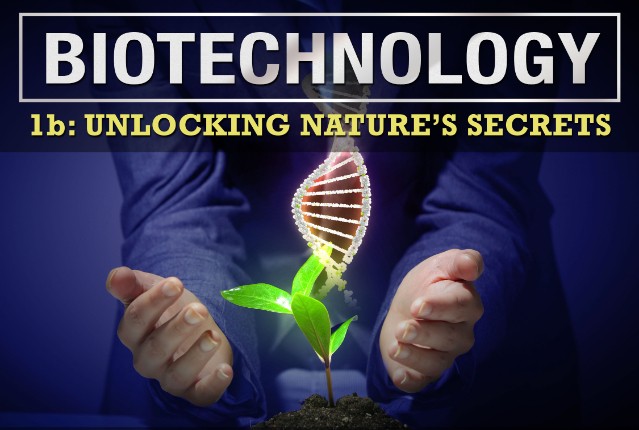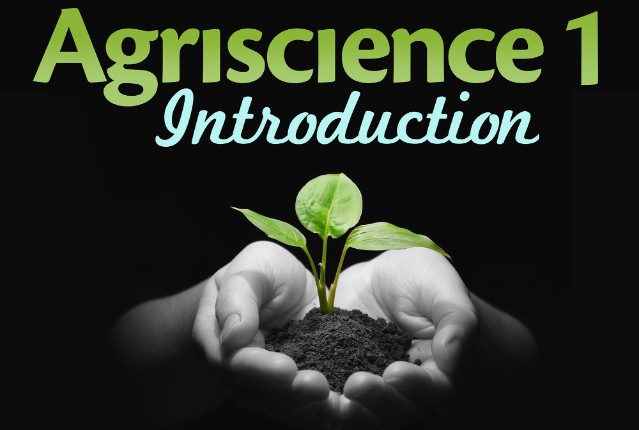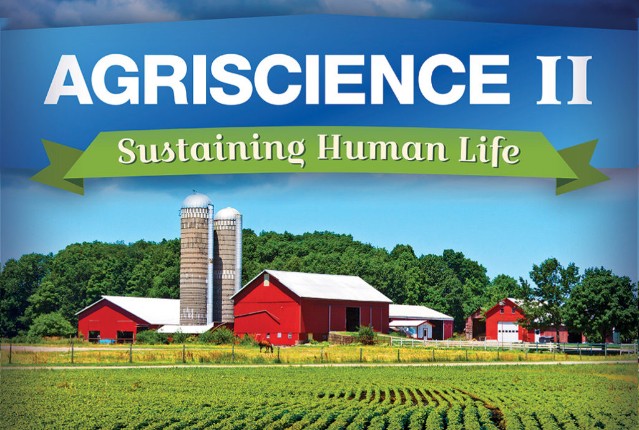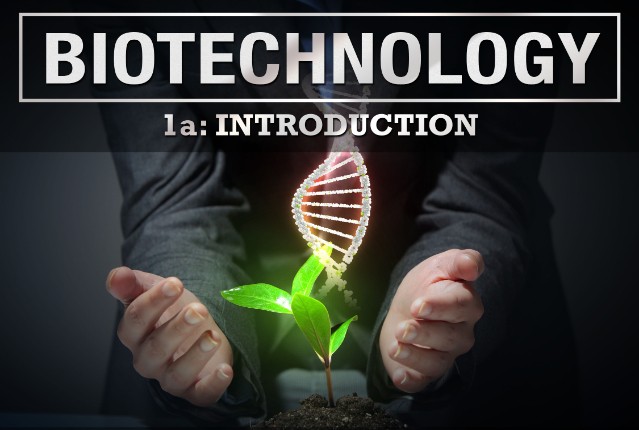In this unit, you will learn about recent advances in pharmaceutical biotechnology, including the development of new types of drugs, cancer treatments, and vaccines. These include a variety of biotechnological advancements, many relying upon the growth in understanding of genetics, genetic modification, and gene therapies. While some forms of biotechnology, like industrial biotechnology, impact your life only in distant ways, you may have a more personal understanding of pharmaceutical biotechnology. You’ve had vaccinations and taken medication. You may have used recombinant insulin or have had a genetically modified vaccination, like the HPV vaccination. Or you may know someone who relies upon the discoveries in pharmaceutical biotechnology to live and thrive.
What will you learn in this unit?
- Explain innovations in pharmaceutical biotechnology.
- Define the importance of genetically modified hormones, insulin, and other compounds typically produced in the body.
- Recognize the potential for new treatments for cancer and other illnesses.
- Describe the importance of vaccines.





